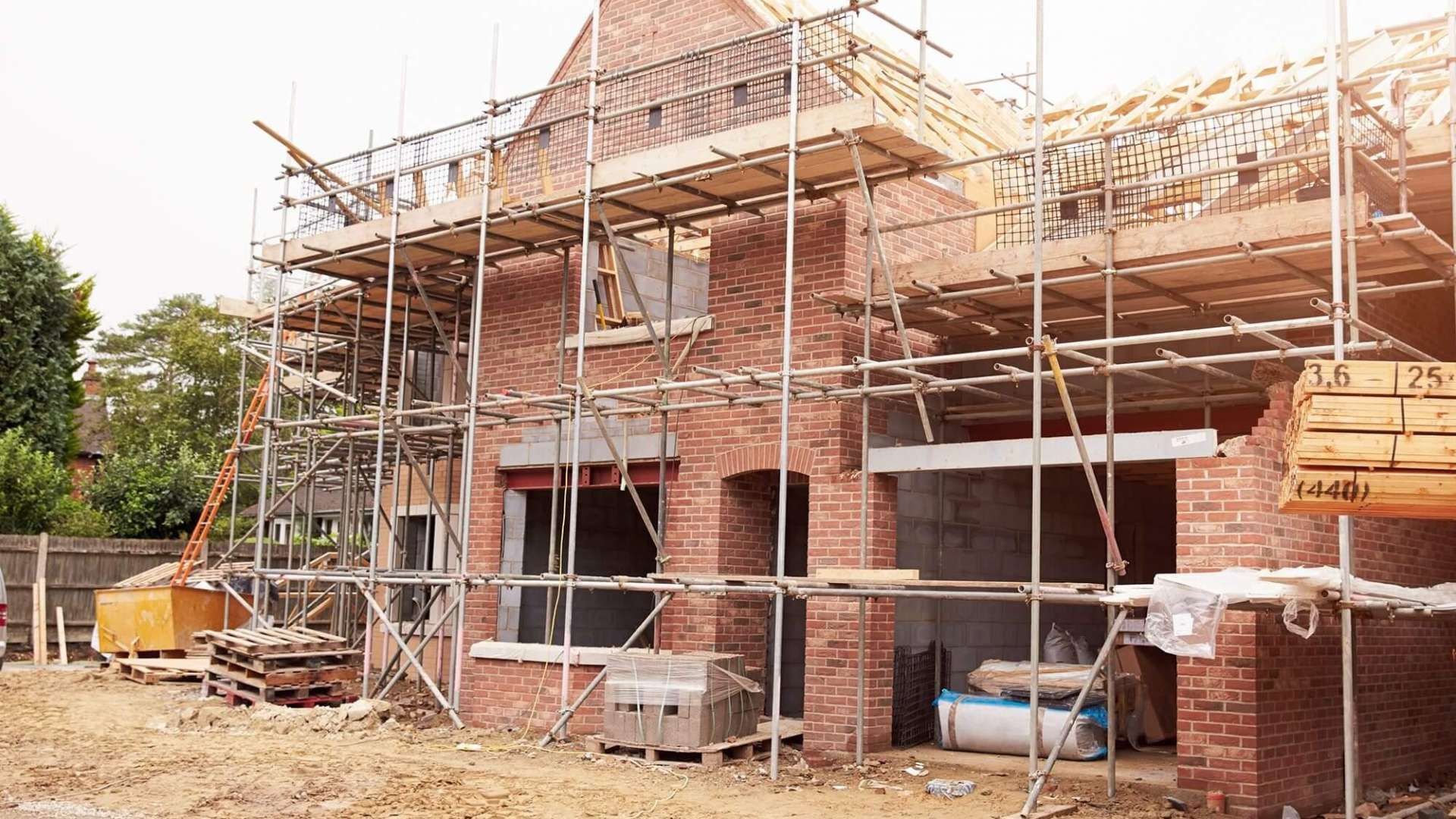If you are a business owner operating in the construction industry or providing related services in the United Kingdom, you may have come across the term "Domestic VAT Reverse Charge." While it might sound complex, this mechanism is designed to tackle tax fraud and improve the collection of Value Added Tax (VAT) within the sector. In this blog, we will break down the concept of the Domestic VAT Reverse Charge and explain how it works.
What is the Domestic VAT Reverse Charge?
Implemented in the UK on March 1, 2021, the Domestic VAT Reverse Charge is a significant change to the way VAT is accounted for in certain construction services. It shifts the responsibility for accounting and reporting VAT from the supplier to the customer in certain situations, creating a reverse charge mechanism. This change specifically affects transactions between VAT-registered businesses that supply or receive construction services within the Construction Industry Scheme (CIS).
Why was the Domestic VAT Reverse Charge Introduced?
The introduction of the Domestic VAT Reverse Charge was primarily aimed at combating VAT fraud in the construction industry. Prior to its implementation, some dishonest suppliers were engaged in a practice known as "missing trader fraud" or "carousel fraud." They would charge VAT to their customers but never remit the collected VAT to the tax authorities, essentially disappearing without paying their tax obligations.
This fraudulent activity led to significant revenue losses for the UK government. The Domestic VAT Reverse Charge was, therefore, introduced as a measure to prevent such fraud by ensuring that the VAT liability ultimately falls on the end consumer of the construction services rather than relying on potentially untrustworthy suppliers.
How does the Domestic VAT Reverse Charge Work?
The Domestic VAT Reverse Charge applies to specified construction services supplied between VAT-registered businesses, where the payment for the services must be reported under the Construction Industry Scheme. The customer receiving the construction services becomes responsible for accounting and paying the VAT directly to HM Revenue and Customs (HMRC), rather than the supplier charging VAT on their invoice.
In practical terms, this means that if you are a VAT-registered business receiving construction services under the Domestic VAT Reverse Charge, you will not pay VAT to the supplier. Instead, you will calculate and pay the VAT due on the services directly to HMRC in your VAT return.
Which Services are Affected by the Domestic VAT Reverse Charge?
Not all construction services are subject to the Domestic VAT Reverse Charge. It applies only to specific services as defined by HMRC. Some examples of these services include:
- Construction, alteration, repair, extension, demolition, or dismantling of buildings or structures (whether permanent or not), including offshore installations.
- Construction, alteration, repair, extension, or demolition of any works forming, or planned to form, part of the land, including walls, roadworks, power lines, and more.
- Installation of heating, lighting, air-conditioning, ventilation, power supply, drainage, sanitation, water supply, and fire protection systems.
- Internal cleaning of buildings and structures in the course of their construction, alteration, extension, or restoration.
- Painting or decorating the interior or exterior of any building or structure.
Exemptions and Zero-Rated Supplies
It's important to note that some supplies within the construction industry are exempt or zero-rated. The Domestic VAT Reverse Charge does not apply to these supplies. If you are uncertain about the applicability of the reverse charge to a specific transaction, it is best to seek professional advice or refer directly to the HMRC guidelines.
Conclusion
The Domestic VAT Reverse Charge is a significant change that affects businesses operating in the construction industry in the UK. It was introduced as a measure to combat VAT fraud and improve tax collection in the sector. As a VAT-registered business, it is essential to understand when the reverse charge applies and ensure compliance with HMRC regulations.
Remember, VAT matters can be complex, and it's always a good idea to seek guidance from an accountant or tax advisor to ensure your business is meeting its VAT obligations accurately and efficiently. By staying informed and adhering to the rules, you can navigate the Domestic VAT Reverse Charge with confidence and focus on growing your business in a compliant manner.



